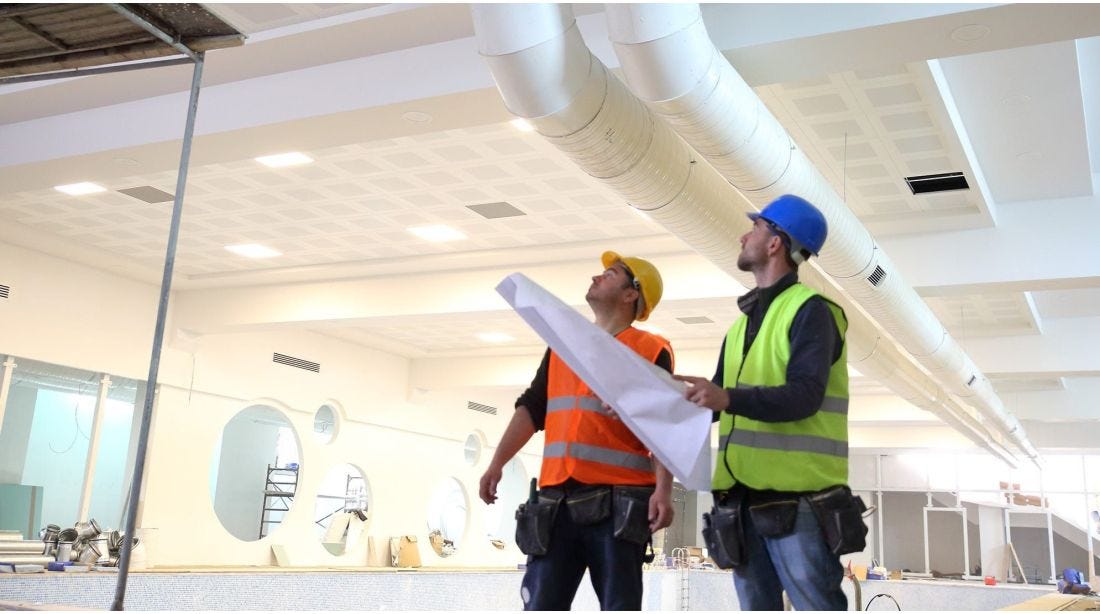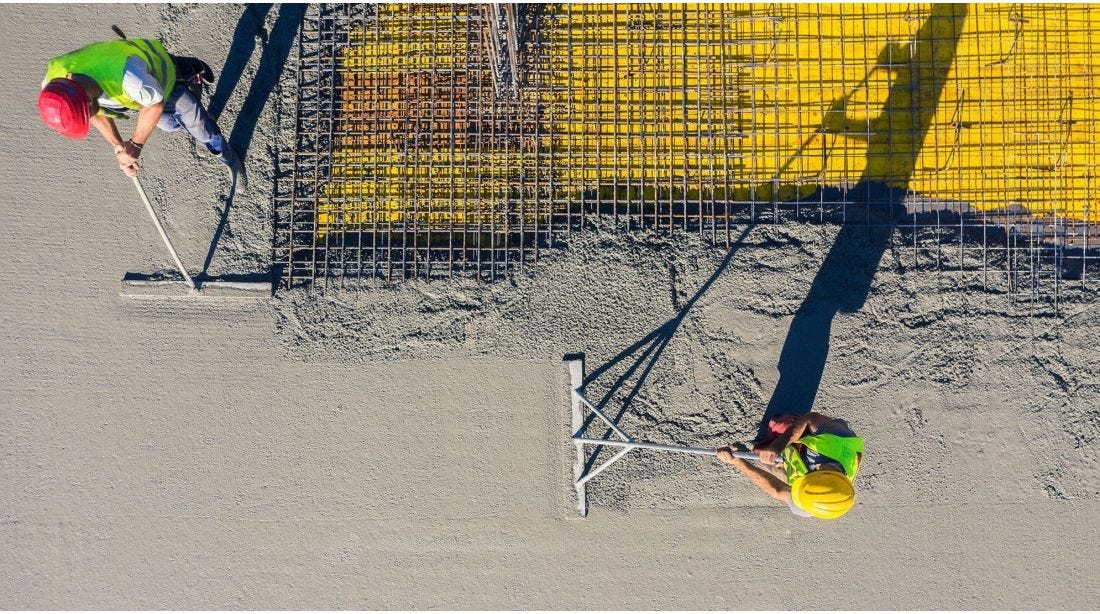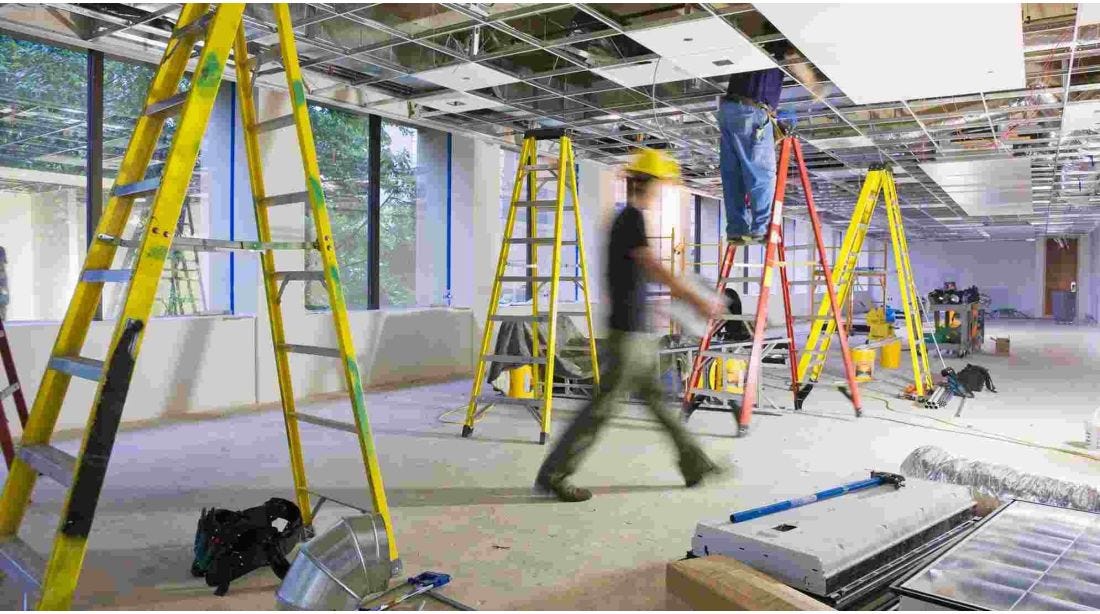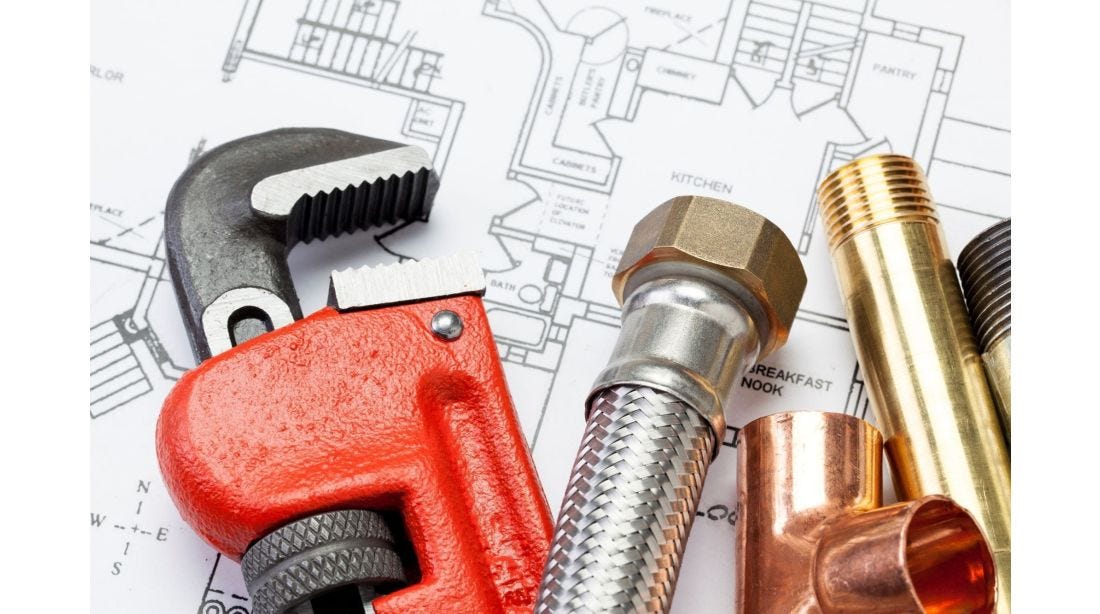Commercial HVAC (heating, ventilation and air conditioning) systems are crucial for maintaining a comfortable and safe environment in commercial spaces. Estimating the cost of HVAC projects is a complex process that requires technical knowledge, experience and attention to detail. Whether you are a contractor, an estimator or a facility manager, understanding the intricacies of HVAC estimating can help you generate accurate bids, control costs and ensure project success. This guide will cover the key aspects of commercial HVAC estimating and offer practical tips to navigate this challenging process.
Understanding HVAC Systems
Before diving into the estimating process, it's important to have a grasp of the different types of HVAC systems commonly used in commercial settings. These can range from single-zone systems for small spaces to complex multi-zone systems for large buildings. Familiarize yourself with the components such as chillers, boilers, air handlers, ductwork and controls. Each component affects the overall cost and must be considered in the estimate.
The HVAC Estimating Process
-
Analyze Project Specifications:
Start by carefully reviewing the project's plans and specifications. Understand the scope of work, including the size of the space, the type of HVAC system required, the energy efficiency standards and any special requirements or regulations that must be adhered to. -
Conduct a Site Survey:
Visiting the project site is crucial for a thorough estimate. Evaluate the existing system (if any), the condition of ductwork, electrical supply and any potential challenges like space constraints or accessibility issues that might impact the installation or retrofitting process.
-
Calculate Cooling and Heating Loads:
Use Manual J (for residential) or Manual N (for commercial) load calculations handbooks from the Air Conditioning Contractors or America to determine the heating and cooling requirements of the space. Accurate load calculations are fundamental to selecting the right-sized equipment, which affects both the cost and efficiency of the system.
-
Select Equipment:
Based on the load calculations, choose the appropriate HVAC equipment. Consider factors such as the brand, efficiency rating, warranty and lifecycle cost when comparing options. Remember that higher efficiency units may have a higher upfront cost but can result in long-term savings.
-
Estimate Material and Labor Costs:
List all the materials required, including HVAC units, ductwork, insulation, controls and ancillary items. Labor costs should include installation time, specialized skills needed (such as for controls systems) and any overtime that might be required to meet deadlines.
-
Include Overhead and Profit Margins:
Don't forget to add overhead costs such as office expenses, vehicles, tools, insurance and employee benefits. Profit margins vary by company and region, but they should be consistent with the level of risk and the complexity of the project.
-
Prepare for Contingencies:
It's wise to include a contingency fund in the estimate to cover unforeseen expenses such as changes in material prices, unexpected labor issues or modifications to the project scope.
-
Use Estimating Software:
Consider investing in HVAC estimating software to streamline the process. These programs can help with load calculations, quote management and even generate detailed reports. They also reduce the chances of human error and save time.
-
Present the Estimate:
Provide a clear and detailed estimate to the client. Break down the costs so they understand what they are paying for. Be prepared to answer questions and justify your numbers.
Commercial HVAC estimating is a detailed and critical process that can significantly impact the profitability of a project. By carefully analyzing project specifications, conducting thorough site surveys, calculating accurate loads and meticulously preparing cost estimates, you can create reliable and competitive bids. While the process can be daunting, especially for those new to the field, following the steps outlined in this guide will help you navigate commercial HVAC estimating with confidence and precision. With practice and the right tools, you'll be able to provide accurate mechanical cost estimates that lead to successful HVAC installations.
Are you ready to take your commercial HVAC estimating to the next level? With RSMeans Data Online, you gain access to the most up-to-date and reliable cost information available. Whether you're a seasoned professional or just starting out, our comprehensive database is tailored to help you deliver accurate and competitive estimates with confidence.
Take the first step towards smarter HVAC estimating today. Start your free RSMeans Data Online trial now.





